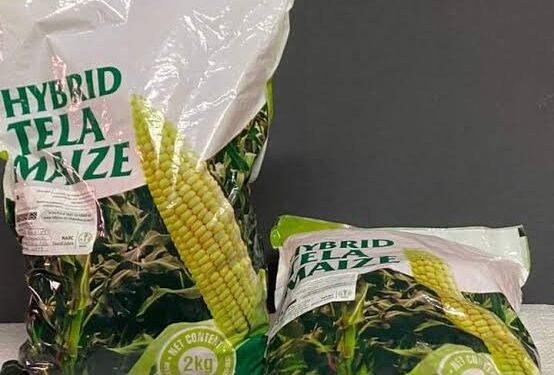Agricultural Research Council (ARC), South Africa, says misconception about TELA Maize product is a way of denying farmers of improved technology that can enhance their production and ensure food security.
Kingston’s Mashingaidze, Principal Researcher and TELA Project Country Coordinator, ARC South Africa, spoke on the sidelines of inspection tour of TELA maize demo farm of National Biotechnology Research and Development Agency (NABRDA) in Abuja.
Mashingaidze frowned at the misconception that genetically modified product that was harmful.
“No other crops or weed grows where such product are grown.
“Our farmers in South Africa have been growing GM maize since 2000 and we have been eating it and we have not encountered any problem.
“Our farmers are growing maize; all this talk about when you grow GM maize no other crop will grow is a fallacy.’’
Speaking on the tour, he said he was excited to see the performance of the products particularly in dealing with stemborer and fall armyworm which was a big problem in maize production by smallholder farmers who could not afford chemicals control.
“It is exciting to see that Nigeria is now commercialising TELA product and this farm is a demonstration of TELA hybrid,’’ he said.
The TELA Maize Project is a public-private partnership that is working towards initiating commercialisation of transgenic drought-tolerant and insect-protected maize varieties to enhance food security in Sub-Saharan Africa.
The TELA Maize Project builds on progress made from a decade of excellent breeding work under the Water Efficient Maize for Africa (WEMA) Project.


